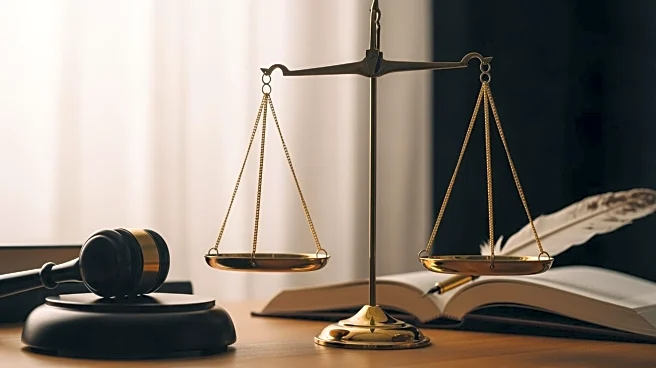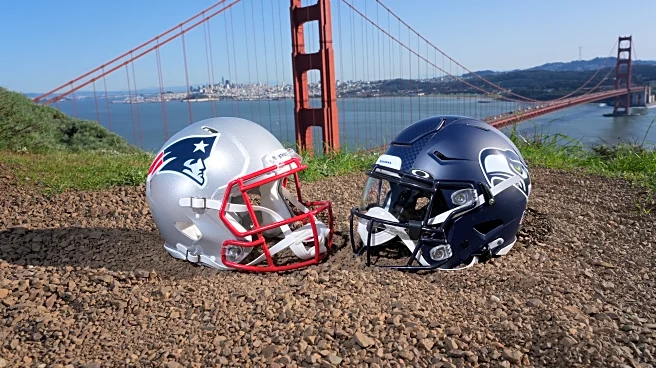What's Happening?
Barry Ragsdale, an attorney from Dominick Feld Hyde, has expressed concerns over what he perceives as a dangerous expansion of judicial power aimed at civil rights lawyers. Ragsdale, part of a legal team
defending litigators questioned about their practices, argues that these proceedings are designed to keep civil rights lawyers in line and discourage them from litigating in Alabama. He notes that some nationally-known civil rights lawyers involved in the case have stated they will avoid litigating in Alabama in the future, suggesting that the proceedings have achieved their intended effect.
Why It's Important?
The implications of this development are significant for civil rights advocacy in Alabama and potentially beyond. If prominent civil rights lawyers choose to avoid litigating in Alabama, it could lead to a reduction in legal challenges against civil rights violations in the state. This may embolden entities that might otherwise face legal scrutiny, potentially impacting the enforcement of civil rights protections. The situation highlights the tension between judicial authority and civil rights advocacy, raising concerns about the balance of power and the ability of lawyers to challenge injustices without fear of reprisal.
What's Next?
The future may see increased scrutiny of judicial practices in Alabama, particularly concerning civil rights cases. Legal organizations and civil rights groups might rally to support affected lawyers, potentially leading to broader discussions on judicial reform. Additionally, there could be efforts to relocate civil rights litigation to more favorable jurisdictions, impacting the legal landscape in Alabama. Stakeholders, including political leaders and civil rights organizations, may need to address these challenges to ensure the continued protection of civil rights.
Beyond the Headlines
This situation underscores the ethical and legal challenges faced by civil rights lawyers in hostile environments. It raises questions about the role of the judiciary in safeguarding or undermining civil rights and the potential chilling effect on legal advocacy. Long-term, this could influence how civil rights cases are approached nationwide, with lawyers potentially seeking safer venues for litigation.










